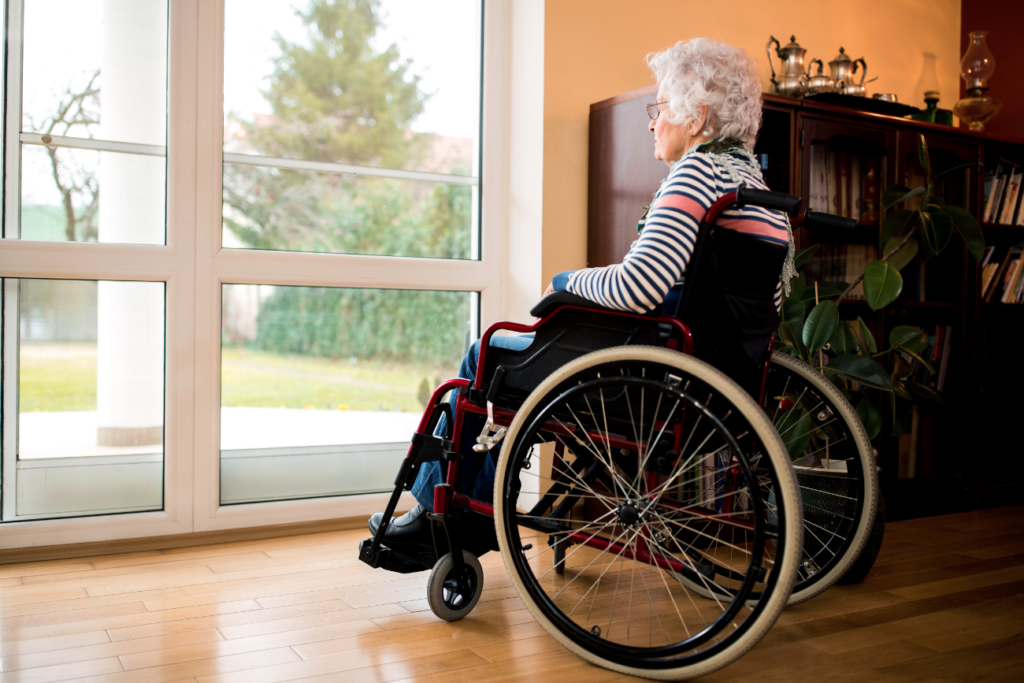What You Should Know About Nursing Home Visitations After COVID | Santa Clara County Elder Law Attorney

When the pandemic was in full swing, nursing homes restricted visitation to clamp down on infection rates and prevent the spread of the disease through a vulnerable population. In the first year of the pandemic, staff and nursing home residents made up 31 percent of all COVID-19 deaths in the U.S.
Although a vaccine is available and restrictions in many nursing home facilities are more relaxed, COVID still poses a threat to the elderly, according to AARP. The big question for both residents and family members alike is, “where do we go from here?” What does nursing home visitation look like after COVID?
Better Communication is Key
If there is one thing that COVID has taught us, it’s that communication is paramount, and rules are fluid. Even in a post-COVID world, friends and family members of long-term care residents should be regularly checking their local visitation guidelines and regulations. Having a trusted contact at the nursing home such as a nurse or social worker can also be helpful when navigating changing conditions if there are additional waves in the future.
Keeping Tech Part of The Equation
The pandemic exposed nursing home residents to new ways to communicate with family and friends. Video chatting is a great way to use technology and keep in touch with loved ones. Education and repetition are important. Even when you visit in person, make it a point to show your loved one how to use and engage with video technology. The next time an outbreak occurs, they will be prepared to keep in contact with you.
What to Keep in Mind About Nursing Home Visitation After COVID
These are some other valuable takeaways about nursing home visitation you should keep in mind when visiting your loved ones:
- Confirm the nursing home’s visitation policy before heading out
- Be aware of state or local guidelines that may impact nursing home and long-term care facility visitation
- Be aware of visitation changes that may occur over the holidays
- Never visit friends or family members when you are sick or feeling ill
- Wear a mask
- Make sure that you are up to date on all vaccines, not just COVID but chickenpox, measles, and other communicable diseases
- Try not to conduct visits in community areas where there are multiple residents
If you are concerned about the health and safety of your loved one, don’t be afraid to ask the nursing home questions. Here are a few to keep in mind:
- What are you doing to prevent the spread of disease and infection?
- Are all staff members participating in universal safety precautions?
- How will you let family members know when there are changes to the visitation policy?
- Where do you post information about visitation?
Moving Forward
COVID has changed how we interact with others, especially the most vulnerable, like children and the elderly. However, this isn’t the first—or the last—time that a virus or disease will pose a safety risk to those we love. Hopefully, we have learned some valuable lessons and can take those lessons to heart when it comes to the future of nursing home visitation.
If you have specific questions about planning for the care of an aging loved one, please contact our firm to speak to a Santa Clara County elder law attorney at 408-889-1290.






